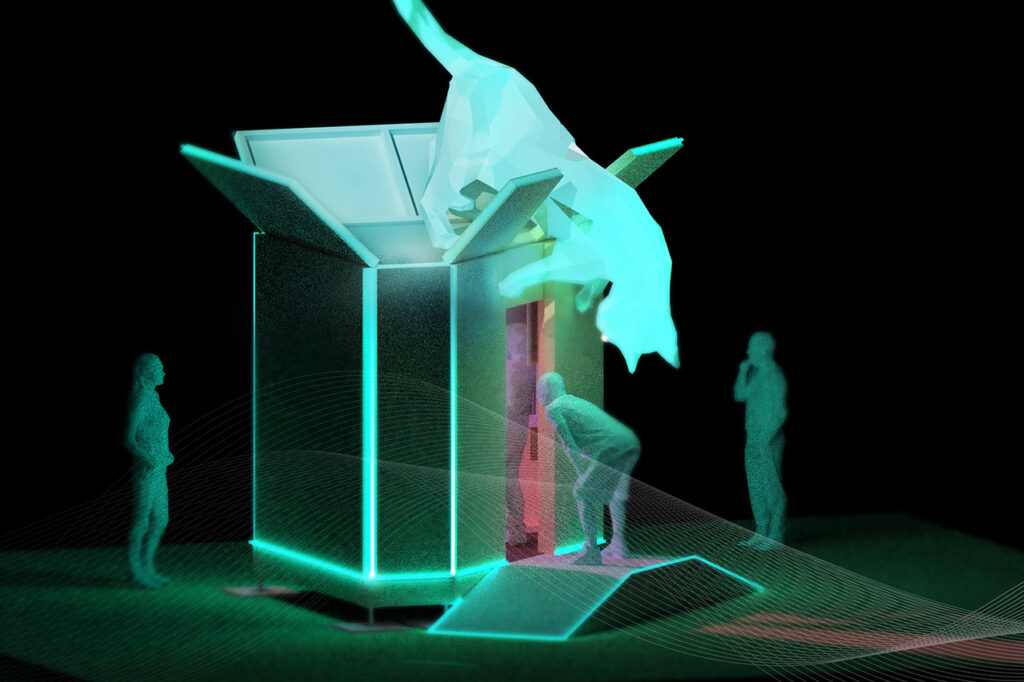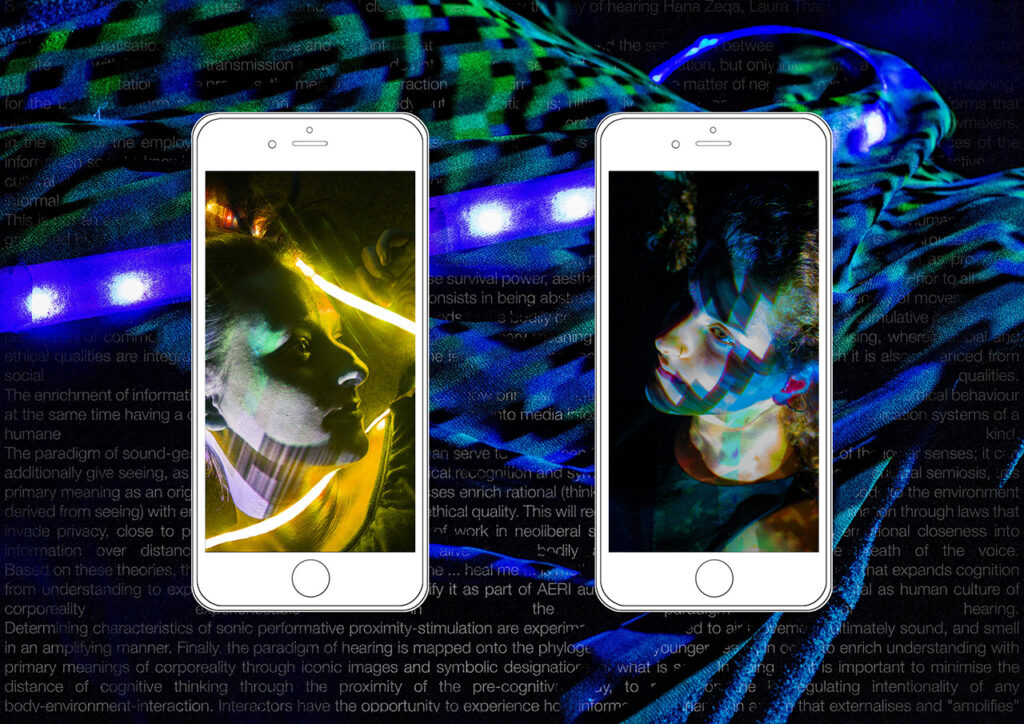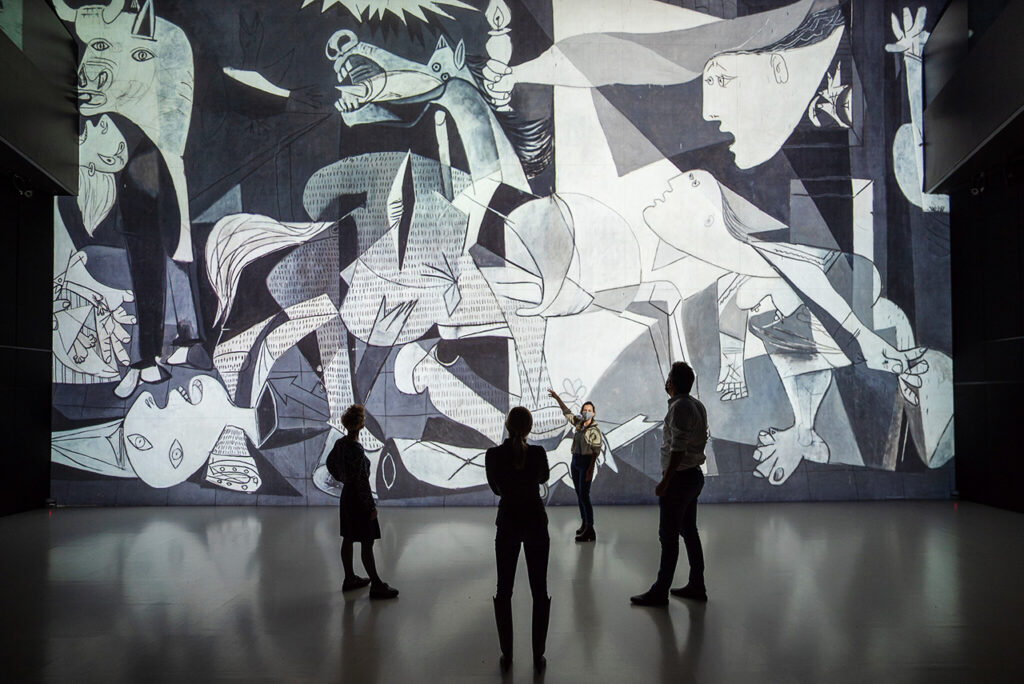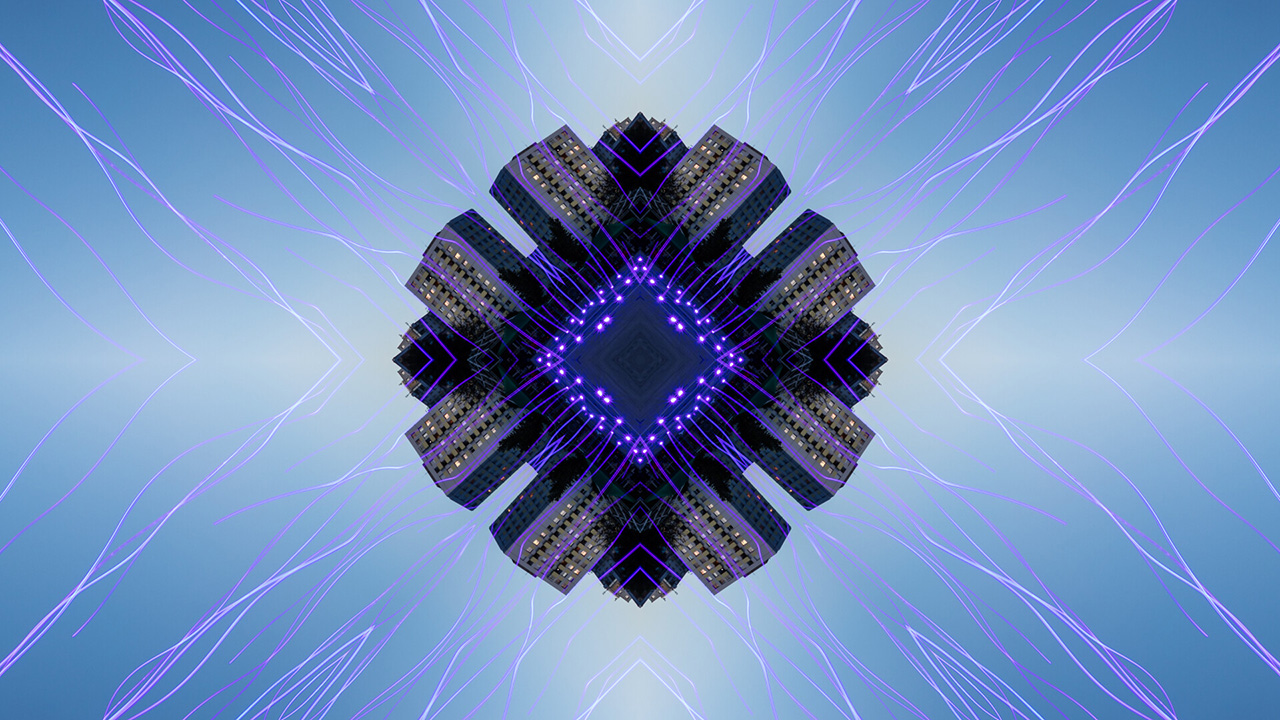Between September 8 and 12, Austrian new media organization Ars Electronica will be launching its annual festival, which, this year, leads with the theme, A New Digital Deal. Featuring exhibitions, talks, conferences, workshops, and guided tours, the event will explore the transformative potential of technology in the 21st century, in step with the venue’s ongoing mission. For only the second time since its founding, the Ars Electronica Festival will be a hybrid presentation, unfolding on-site at 86 global locations dubbed Ars Electronica Gardens, and online via the Swapcard platform which will stream workshops, concerts, and tours.
“Here at Ars Electronica,” Hideaki Ogawa, Director of the institution’s Futurelab, tells Jing Culture and Commerce, “our main focus is to redeliver urgent discussions to people through combinations of art and technology, but also through elements of society.” Events such as the Digital && Life themed exhibition, and STARTS Day, highlighting projects from the European Commission’s Science+Technology+Arts = STARTS initiative, bear this out in their examination of how technologies and digitization can reshape art, humanity, and our reality for the better.


Works on view at Digital && Life: Philipp Blume and Gregor Ladenhauf’s “Schrödinger’s Rat” installation (above) and “See me, feel me, touch me … hear me & heal me …” by Hana Zeqa, Laura Thaçi, Elisabeth Mirnig, and Werner Jauk (below). Images: Philipp Blume / Werner Jauk, Elisa Visca
These discussions have only accelerated in the face of global crises like COVID-19 and climate change. “We are quite concerned about the progress of the digital revolution after looking around the situations all over the world,” says Ogawa. “I think it’s a pretty important time to reconsider how to redistribute the benefit [of technology] to people again.”
This people-centric approach to tech drives Ars Electronica’s Futurelab, an initiative that, since 1996, has been researching, developing, and commissioning projects at the intersection of art, technology, and society. They include 1996’s CAVE, an immersive virtual reality experience way ahead of its time, 2012’s ZeitRaum, an interactive art installation, and most recently, the Hybrid Space project. In 2015, Futurelab unveiled Deep Space 8K, an immersive mixed reality experience located at the Ars Electronica Center in Linz. Using stereoscopic projection, laser tracking, and a stunning pixel rate, Deep Space enables viewers to more deeply interact with larger-than-life environments from galaxies to ancient cities.

Pablo Picasso’s “Guernica” in Deep Space 8K. Image: Robert Bauernhansl, Ars Electronica
As Futurelab marks its 25th anniversary at Ars Electronica Festival 2021, it’s inviting the public to experience a Deep Space Live event on September 9 that highlights the urgent need to curb climate change. Fittingly, this call for action is happening in a space that, as is Ogawa’s hope, brings people together in a shared experience. “In our time, individuals have individual screens and we are in a way separated,” he says, “but Deep Space allows us to be together.”
Futurelab is already looking beyond its first quarter of a century. Ogawa, in discussing its upcoming and ongoing projects, highlights Future Ink, a partnership with tablet company Wacom. With digital ink as its focus, the collaboration delves into the many applications, expressive possibilities, and human dimensions of the medium.
For Ogawa, such a tool, like the countless other technological tools, represents artistic potential that, in turn, will feed back into technology and society itself. “I believe artists’ vision-driven thinking can shape better humanizing and harmonizing technologies,” he says, “and how to utilize that vision to create new relations between technology, the environment, and the planet.”



